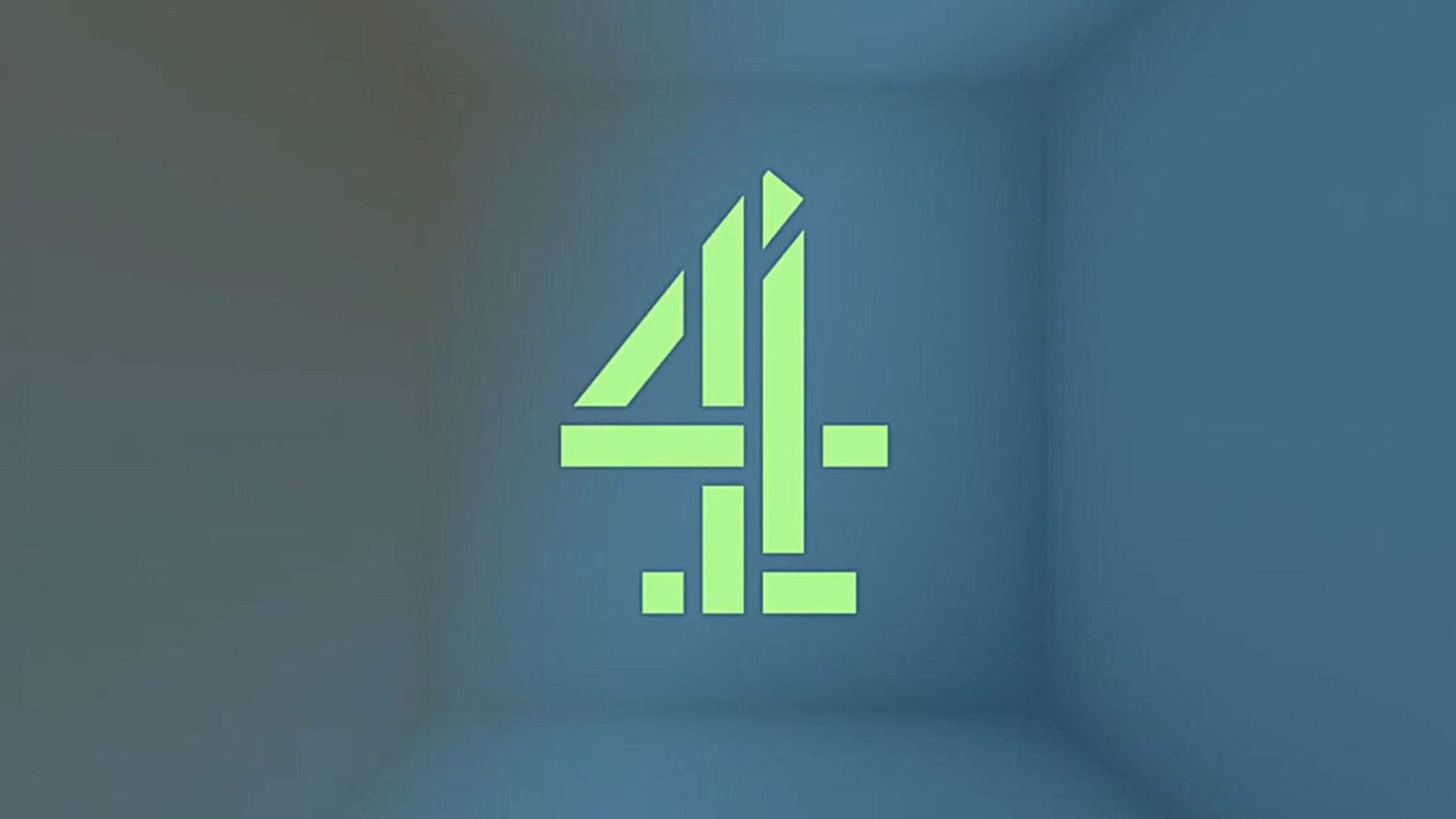In the UK, Channel 4 is thinking of its bottom line – as it should, but, the broadcaster appears to be trying to pass off the existential fear of facing the competition coming from non-legacy online media as a “think of the youths” moment – which it shouldn’t.
Nevertheless, CEO Alex Mahon in late January gave a speech about Channel 4’s “latest research” – which opens with an attempt to dissect how “Gen Z” lives and what impacts their lives, to make several key points: one, they are getting their news through social media (i.e., independent creators and outlets).
And, that (in reality, Covid measures imposed by authorities) had the effect of “delaying their (Gen Z’s) advance into adulthood.” Mahon says it makes young people the pandemic’s “collateral damage” – since it made their “views and identities remain flexible for longer.”
Another negative, to Mahon’s mind, is that they will, to her apparent horror, “continue questioning norms and challenging authority far beyond their teenage years.”
And internet/media-wise, at the center of all this, according to Mahon, is video content – and now, what to do about that.
The real problem that legacy media are struggling with is the eroding trust from their audiences in general, and the hit their profits take as a consequence – but apparently, framing this as an “altruistic” concern for the young generation should help.
But when Mahon gets down to what really bothers her, we hear ideas such as introducing regulation that would force social platforms to give “algorithmic prominence” to public service media, with large language models (LLMs) “trained with validated public service content, with public service values.” But it doesn’t stop at the elusive “values.”
LLMs should also “help fund that content by paying fairly to license it” (that is, promote and pay legacy media without providing for any opt-out option).
How else might the audiences and the industry give a helping hand, artificially prop up a failing segment of the media landscape?
Mahon likes the idea of “trustmarks” – that would have legacy outlets like hers bestowed the status of “factual, trusted accuracy for content that emerges from professionally-produced, regulated media” – by, when all’s said and done, some arbitrary authority.
Those who should be swayed by this “proof of authenticity” are “tech companies, their algorithms, their advertisers, and most importantly their audiences.”
Until that happens, algorithms created and used by tech companies are presented as pretty much catastrophically harmful.
“(They are) designed to elicit anger, surprise or outrage,” asserted Mahon. And she wasn’t above referring to the Southport killer’s case.
“As Home Secretary Yvette Cooper told the Commons in the wake of the Axel Rudakubana trial last week, a young person viewing extreme violence online can become a killer in real life,” said Mahon.










